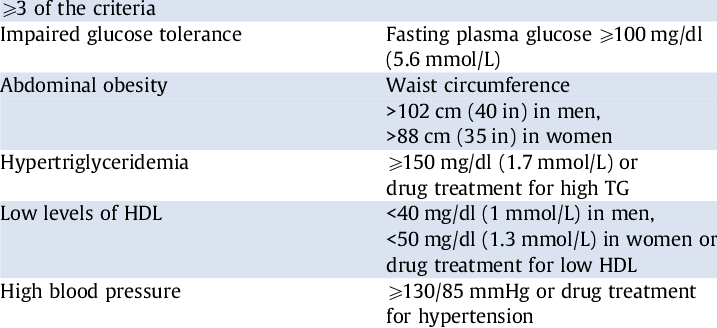Glucose is essential for almost all functions of the brain. These include production of energy in the form of high phosphate energy bond (ATP), generation of neurotransmitters, maintenance of the ion gradient and all other aspects of cellular and non-cellular maintenance. Though the brain weighs only 2% of the body weight it utilizes 20-25% of the total glucose consumption at rest and during intellectual activity up to 40-45% of the total glucose consumption.
However, glucose can be produced from various nutrients, namely carbohydrates and proteins. So, is sugar really necessary at all?
Glucose is produced in the liver from carbohydrates and also from other nutrients (neoglucogenesis). The latter is put into effect when there is a paucity of carbohydrate substrate availability as in fasting or in low carbohydrate diets, like the ketogenic diet.
Sugar has been linked to the dreaded metabolic syndrome consisting of obesity, high blood sugar, hypertension, atherogenic dyslipidemia – abnormal blood fats (cholesterol and triglycerides) and excess abdominal fat. Metabolic syndrome increases the risk of type 2 diabetes, coronary heart disease, stroke cancer and dementia. Insulin resistance is at the heart of these disorders which constitute the main ‘killers’.
Metabolic disarrangement becomes a syndrome if the patient has any three of the following:

Sweets are ‘bad’ but sugary soft drinks are a double whammy. One can or bottle of 300 ml contains as much sugar as the total daily sugar recommended by World Health Organization (WHO). The latter also contains caffeine which increases glutathione -6- dehydrogenase levels, glutamate, gamma aminobutyric acid (GABA) and dopamine. They increase oxidative stress by lowering monamine oxidase and acetylcholine esteraseas well as antioxidants especially catalase and glutathione. The caffeine in these drinks affects the quality and duration of sleep. Further and more importantly it alters the level of parvalbumin which in turn increases the risk of formation of tau seen in brains of those with dementia. Sodium benzoate also found in most beverages, impair motor coordination and memory. This is through its action on glutathione (reduced) and malondialdehyde (MHA). These can contribute to ADHD (attention deficit hyperactivity disorder). They are also probable causative factors in impaired memory and motor coordination. Further, maternal consumption is known to contribute to cognitive impairment and obesity in the offspring. Soft drinks can affect hormonal levels, namely increasing T4 and parathyroid hormone and decreasing T3 and aldosterone.
So, with a happy Diwali season, please advise your patients, kith and kin to stay off sweets and soft drinks.
References:
- Swarup, S. & Zeltser, R. (2018). Metabolic syndrome. In StatPearls [Internet]. StatPearls Publishing.
- Anjum, I., Jaffery, S., Fayyaz, M., Wajid, A., & Ans, A. H. (2018). Sugar beverages and dietary sodas impact on brain health: a mini literature review. Cureus, 10(6).
